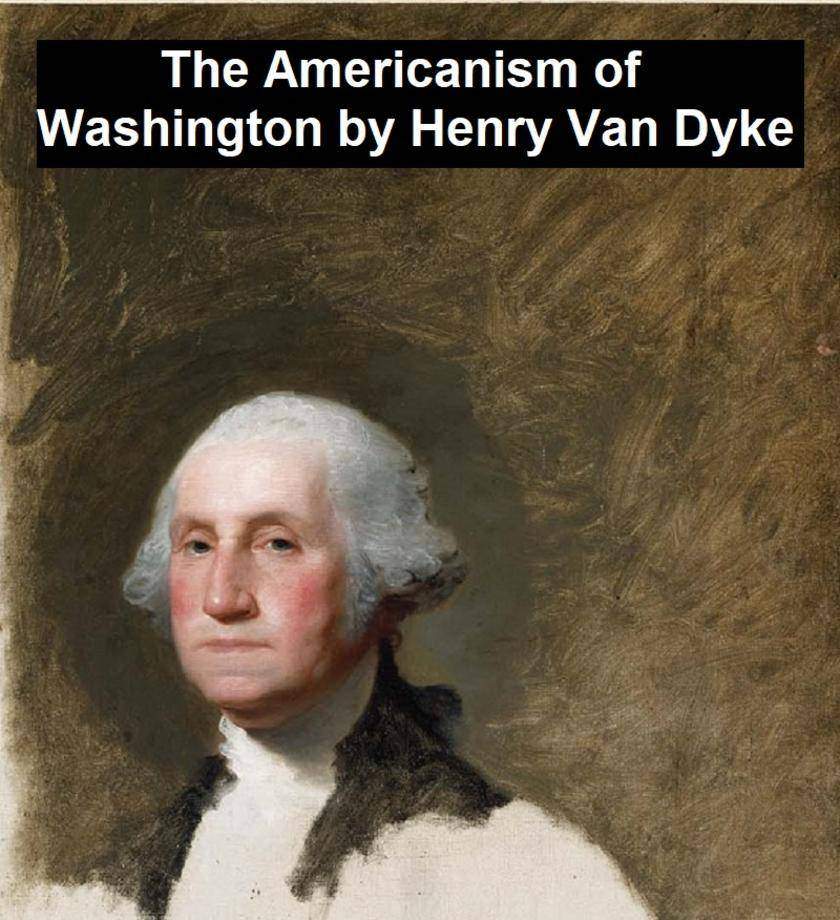
The Americanism of George Washington
¥8.09
Short essay, first published in 1906. According to Wikipedia: "Washington is seen as a symbol of the United States and republicanism in practice. His devotion to civic virtue made him an exemplary figure among early American politicians. Washington died in 1799, and in his funeral oration, Henry Lee said that of all Americans, he was "first in war, first in peace, and first in the hearts of his countrymen." Washington has been consistently ranked by scholars as one of the greatest U.S. Presidents."
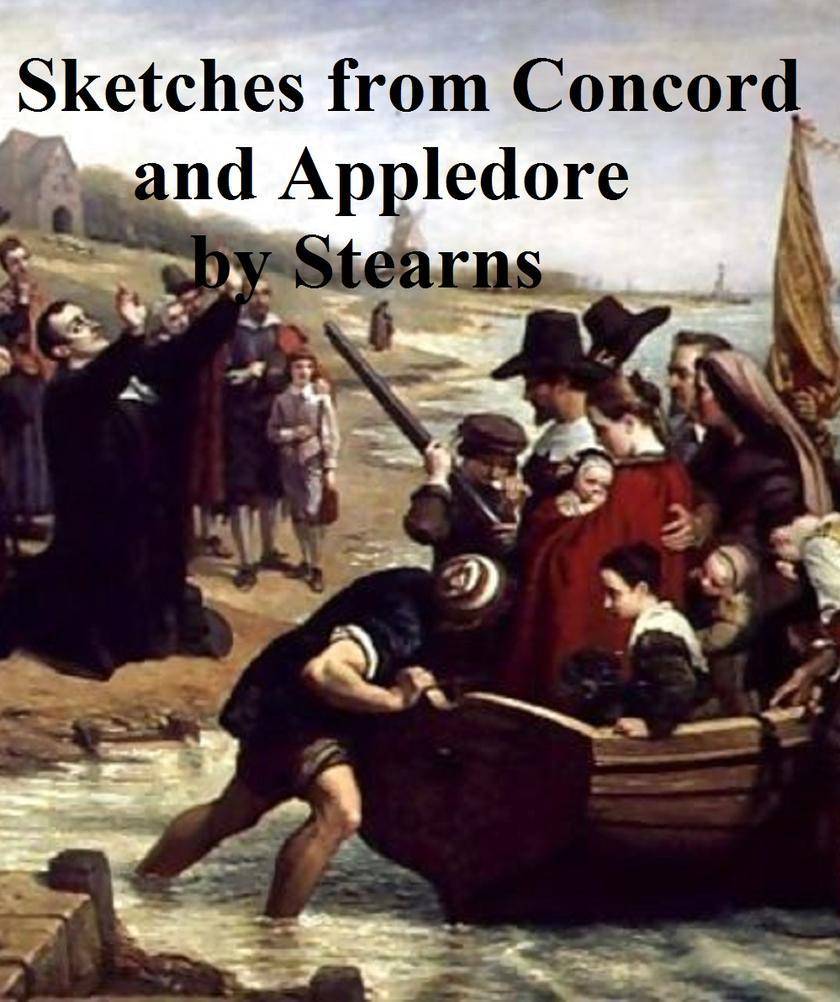
Sketches from Concord and Appledore
¥8.09
According to Wikipedia: "Frank Preston Stearns (1846-1917), the son of abolitionist George Luther Stearns, was a writer and abolitionist from Massachusetts during the 19th century. In addition to collaborating with Elizur Wright in ambitious abolitionist projects, such as the American Anti-Slavery Society, he is credited with several seminal works exploring the lives and careers of important American public figures and authors of note, including The Life and Genius of Nathaniel Hawthorne and The Life and Public Services of George Luther Stearns."
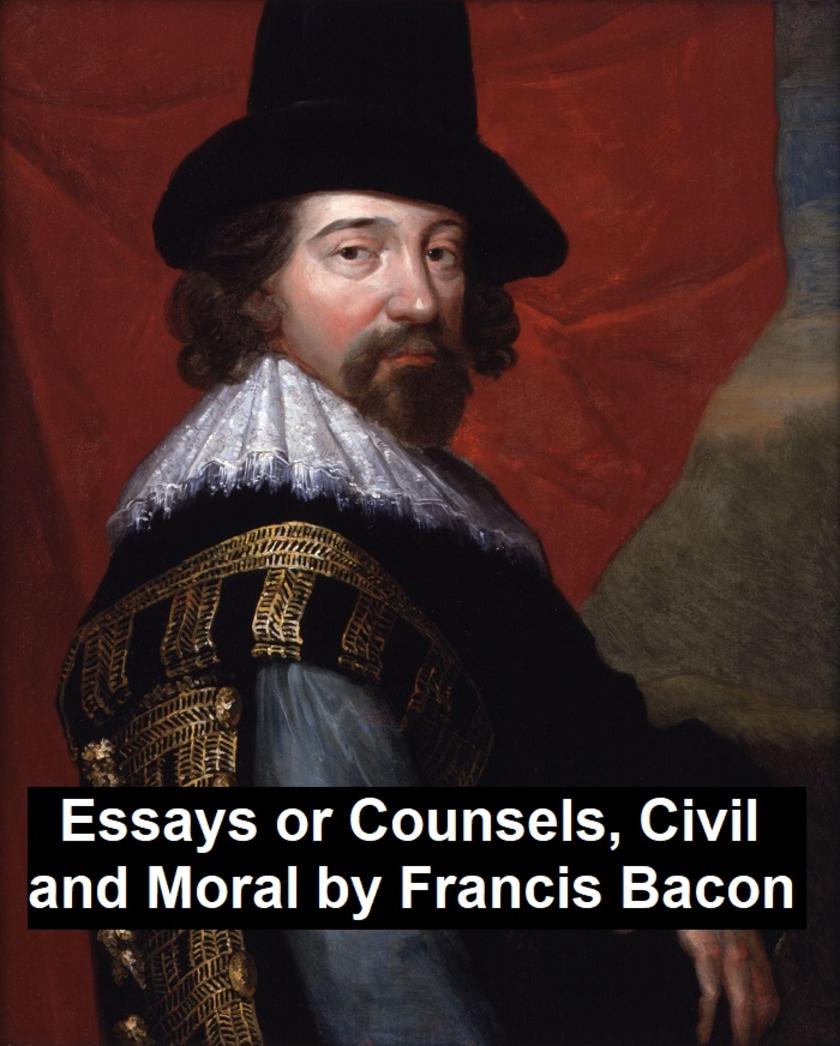
Essays and Counsels, Civil and Moral
¥8.09
From the essay "Of Study": "Some books are to be tasted, others to be swallowed, and some few to be chewed and digested; that is, some books are to be read only in parts; others to be read, but not curiously; and some few to be read wholly, and with diligence and attention." According to Wikipedia: "Francis Bacon, 1st Viscount St Alban KC QC (22 January 1561 — 9 April 1626) was an English philosopher, statesman, and author. He served both as Attorney General and Lord Chancellor of England. He is also known as a catalyst of the scientific revolution. His most celebrated works include The New Atlantis. Bacon was knighted in 1603, created Baron Verulam in 1618, and Viscount St Alban in 1621..."
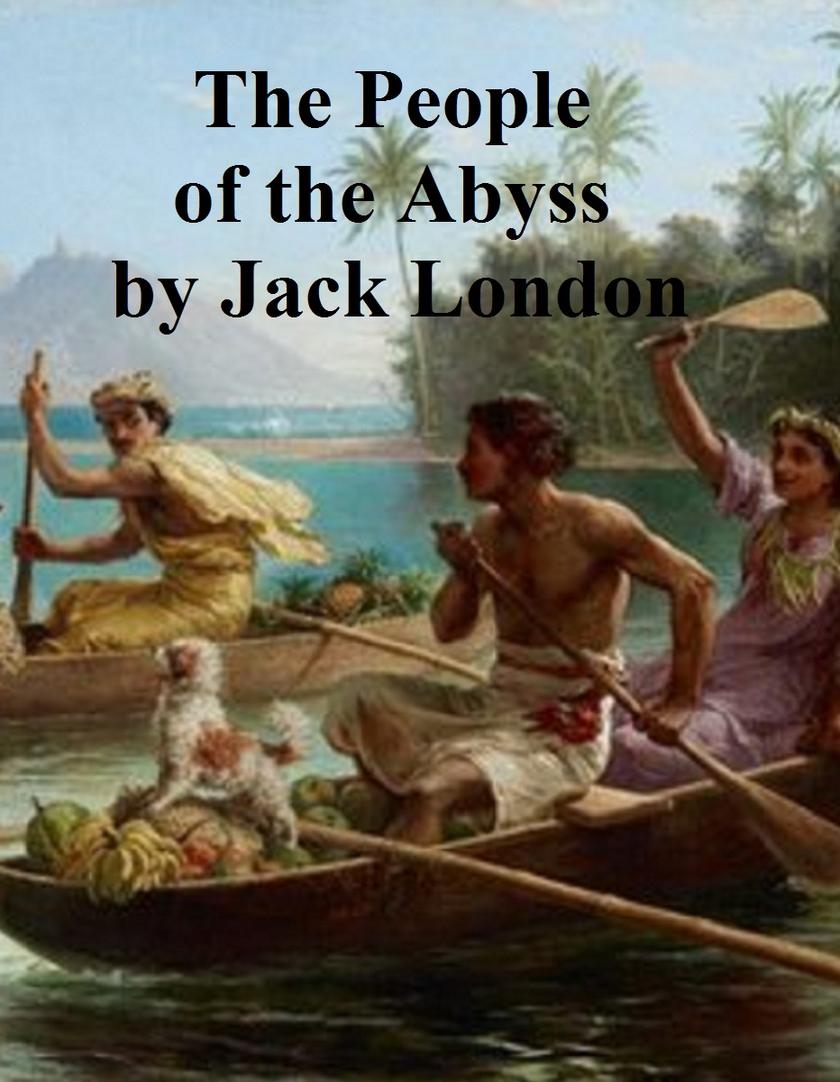
War of the Classes
¥8.09
Collection of essays, including The Class Struggle, The Tramp, The Scab, The Question of the Maximum, A Review, Wanted: A New Land of Development, and How I Became a Socialist. According to Wikipedia: "Jack London (1876 – 1916) was an American author who wrote The Call of the Wild, White Fang, and The Sea Wolf along with many other popular books. A pioneer in the then-burgeoning world of commercial magazine fiction, he was one of the first Americans to make a lucrative career exclusively from writing."
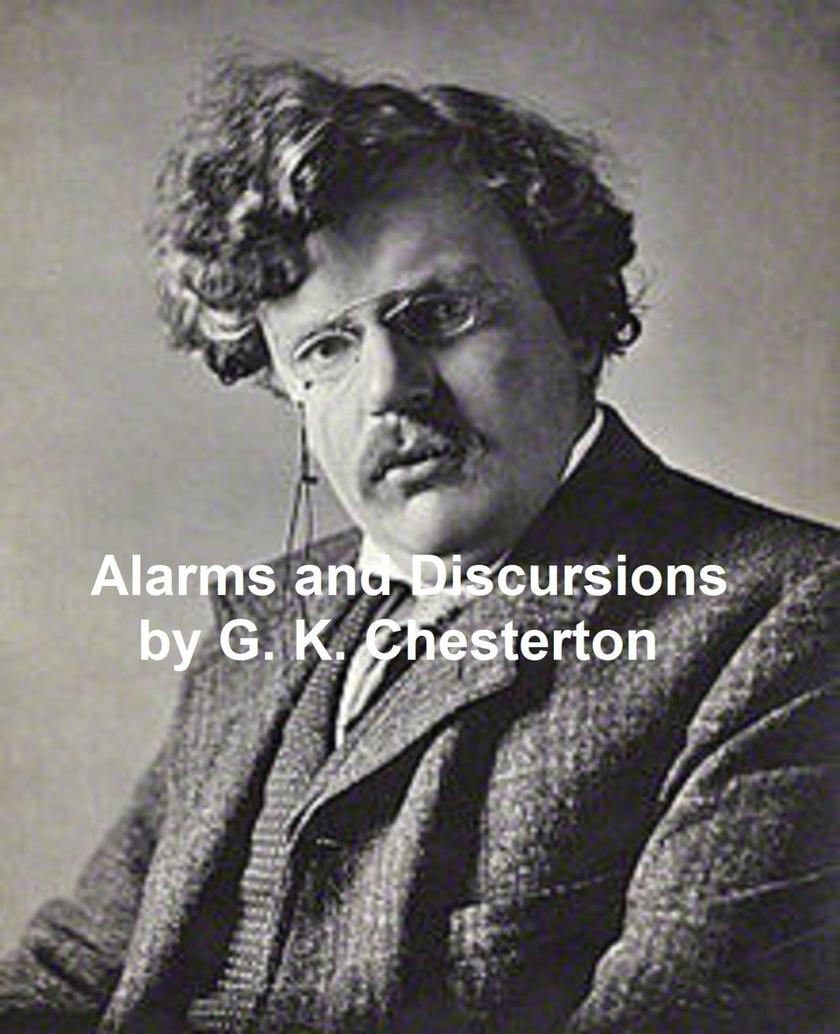
Alarms and Discursions
¥8.09
Collection of stories and essays. According to Wikipedia: "Gilbert Keith Chesterton (1874 ? 1936) was an influential English writer of the early 20th century. His prolific and diverse output included journalism, philosophy, poetry, biography, Christian apologetics, fantasy and detective fiction. Chesterton has been called the "prince of paradox."[1] He wrote in an off-hand, whimsical prose studded with startling formulations. For example: "Thieves respect property. They merely wish the property to become their property that they may more perfectly respect it."[2] He is one of the few Christian thinkers who are equally admired and quoted by both liberal and conservative Christians, and indeed by many non-Christians. Chesterton's own theological and political views were far too nuanced to fit comfortably under the "liberal" or "conservative" banner. "
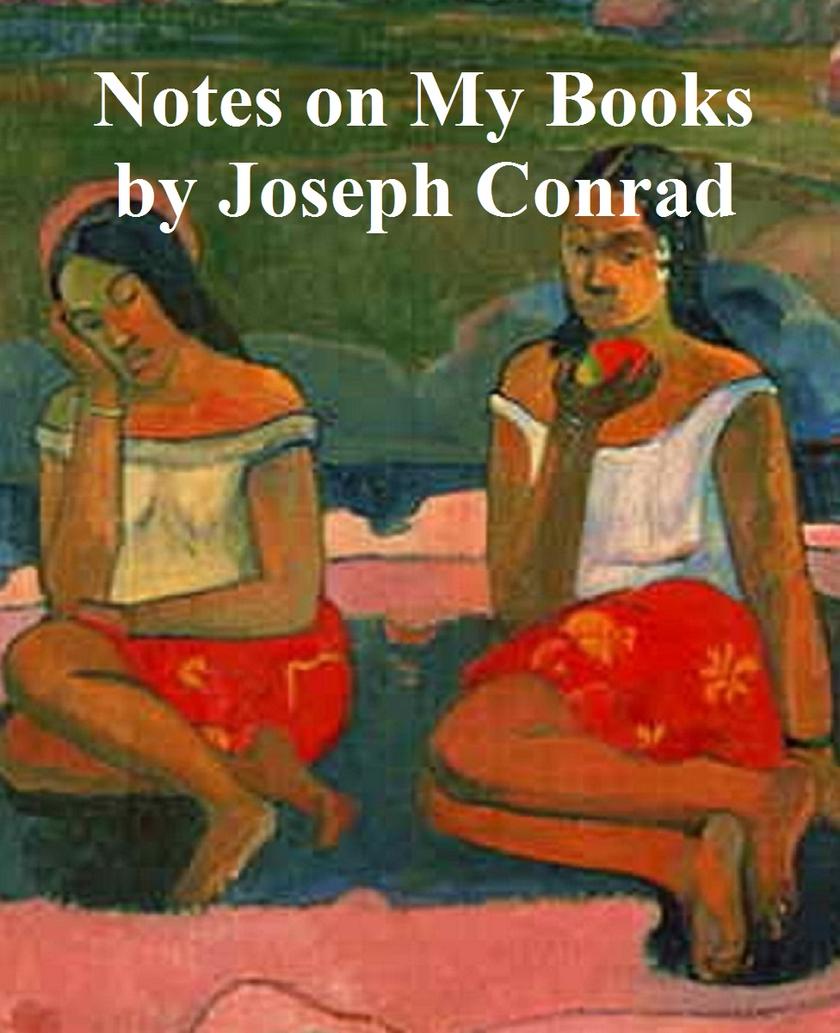
Notes on My Books
¥8.09
Conrad's summaries, prefaces, and ruminations about his books. According to Wikipedia: "Joseph Conrad (1857 – 1924) was a Polish-born English novelist. Many critics regard him as one of the greatest novelists in the English language—a fact that is remarkable, as he did not learn to speak English fluently until he was in his twenties (and always with a strong Polish accent). He became a naturalized British subject in 1886. Conrad is recognized as a master prose stylist. Some of his works have a strain of romanticism, but more importantly he is recognized as an important forerunner of modernist literature. His narrative style and anti-heroic characters have influenced many writers, including Ernest Hemingway, D. H. Lawrence, F. Scott Fitzgerald, Graham Greene, William S. Burroughs, Joseph Heller, V.S. Naipaul, Italo Calvino and J. M. Coetzee."
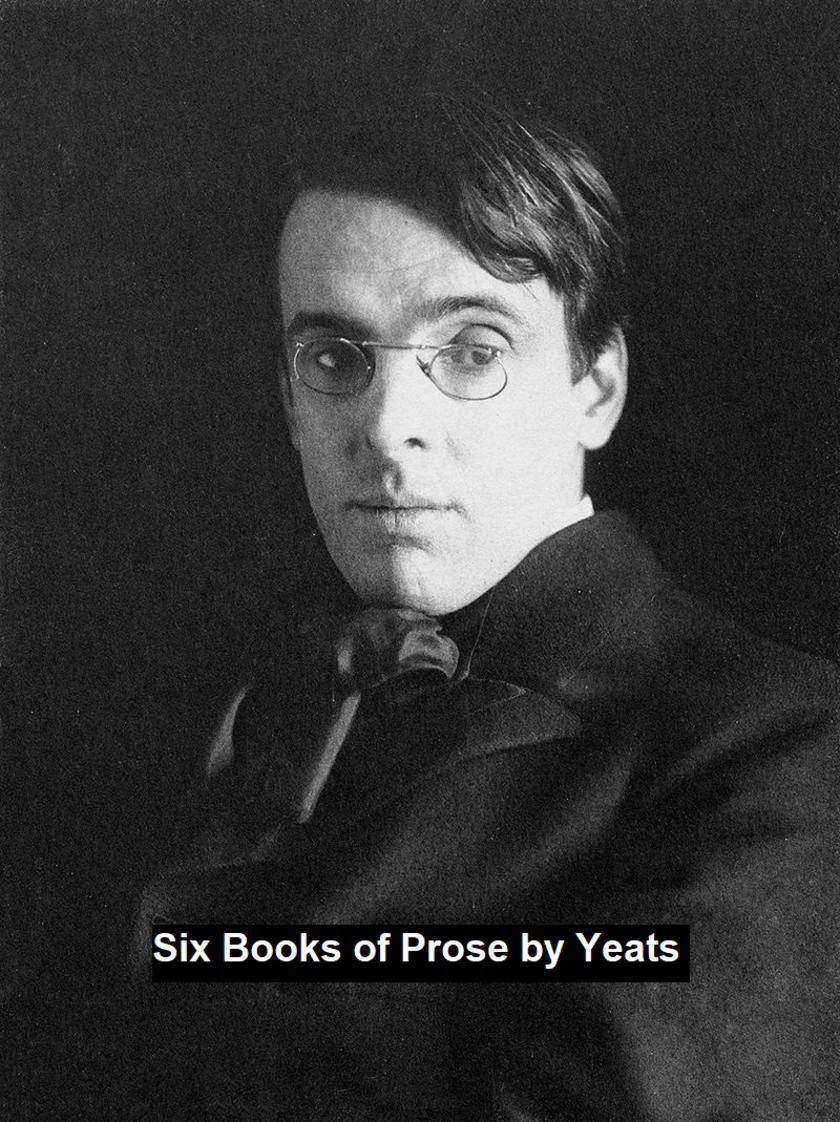
Six Books of Prose
¥8.09
This file includes: Celtic Twilight, Four Years, Rosa Alchemica, The Secret Rose, Stories of Red Hanrahan, and Synge and the Ireland of His Time. According to Wikipedia: "William Butler Yeats (13 June 1865 - 28 January 1939) was an Irish poet, dramatist, and one of the foremost figures of 20th century literature. A pillar of both the Irish and British literary establishments, in his later years Yeats served as an Irish Senator for two terms. He was a driving force behind the Irish Literary Revival, and along with Lady Gregory and Edward Martyn founded the Abbey Theatre, serving as its chief during its early years. In 1923, he was awarded a Nobel Prize in Literature for what the Nobel Committee described as "inspired poetry, which in a highly artistic form gives expression to the spirit of a whole nation." He was the first Irishman so honored. Yeats is generally considered one of the few writers whose greatest works were completed after being awarded the Nobel Prize;[2] such works include The Tower (1928) and The Winding Stair and Other Poems (1929). Yeats was born and educated in Dublin, but spent his childhood in County Sligo. He studied poetry in his youth, and from an early age was fascinated by both Irish legends and the occult. Those topics feature in the first phase of his work, which lasted roughly until the turn of the century. His earliest volume of verse was published in 1889, and those slowly paced and lyrical poems display debts to Edmund Spenser and Percy Bysshe Shelley, as well as to the lyricism of the Pre-Raphaelite poets. From 1900, Yeats' poetry grew more physical and realistic. He largely renounced the transcendental beliefs of his youth, though he remained preoccupied with physical and spiritual masks, as well as with cyclical theories of life."
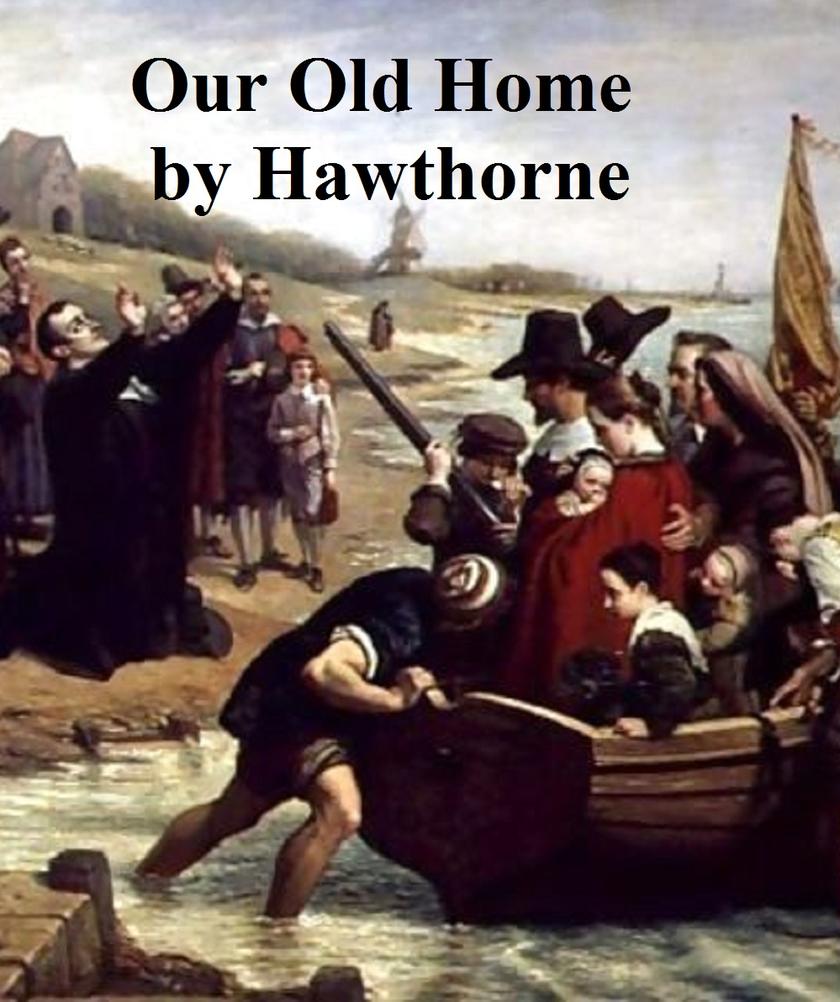
Our Old Home, A Series of English Sketches
¥8.09
Thoughts and observations from Hawthorne's sojourn in England. According to Wikipedia: "Nathaniel Hawthorne (1804 –1864) was an American novelist and short story writer... Much of Hawthorne's writing centers around New England and many feature moral allegories with a Puritan inspiration. His fiction works are considered part of the Romantic movement and, more specifically, dark romanticism. His themes often center on the inherent evil and sin of humanity and his works often have moral messages and deep psychological complexity. His published works include novels, short stories, and a biography of his friend Franklin Pierce."

Lord Kitchener
¥8.09
Brief biography. According to Wikiipedia: "Field Marshal Horatio Herbert Kitchener, 1st Earl Kitchener KG KP GCB OM GCSI GCMG GCIE PC (/?k?t??n?r/; 24 June 1850 – 5 June 1916) was a senior British Army officer and colonial administrator who won fame for his imperial campaigns and later played a central role in the early part of the First World War, although he died halfway through it... Gilbert Keith Chesterton (1874 - 1936) was an influential English writer of the early 20th century. His prolific and diverse output included journalism, philosophy, poetry, biography, Christian apologetics, fantasy and detective fiction. Chesterton has been called the "prince of paradox." He wrote in an off-hand, whimsical prose studded with startling formulations. For example: "Thieves respect property. They merely wish the property to become their property that they may more perfectly respect it."[2] He is one of the few Christian thinkers who are equally admired and quoted by both liberal and conservative Christians, and indeed by many non-Christians. Chesterton's own theological and political views were far too nuanced to fit comfortably under the "liberal" or "conservative" banner."
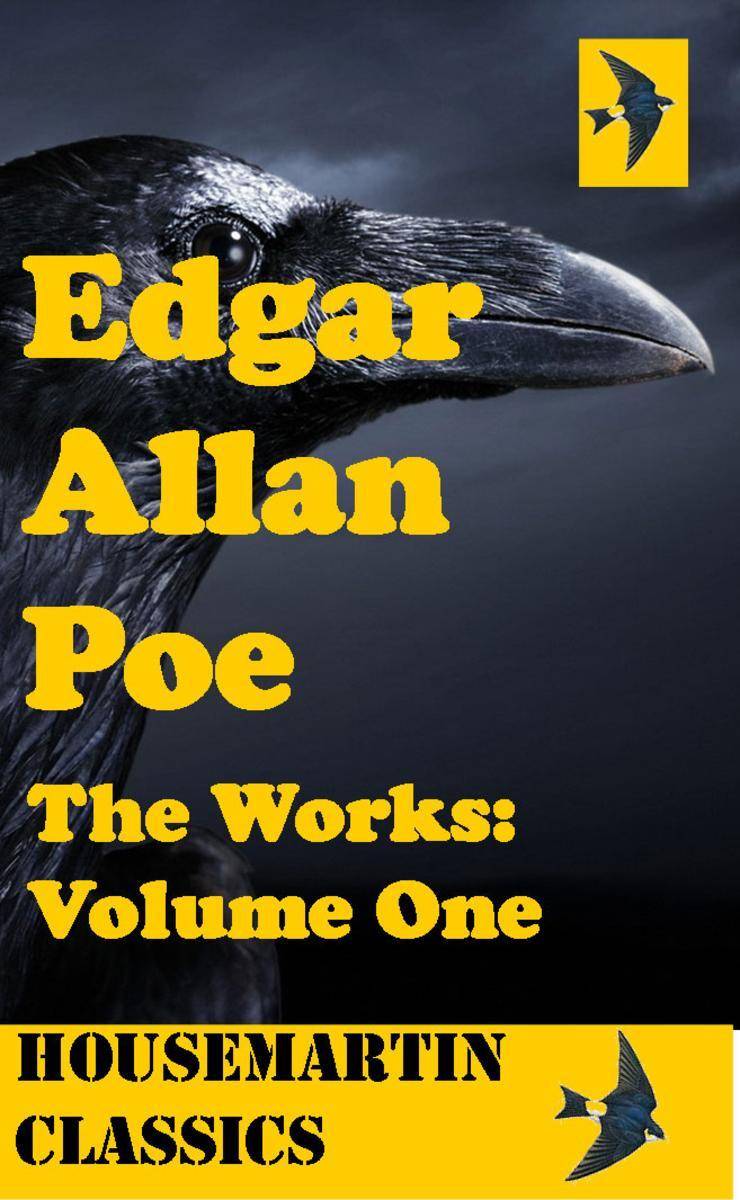
The Works of Edgar Allan Poe:Volume 1
¥8.09
This Housemartin Classics edition includes the full original text as well as an easy to use interactive table of contents.
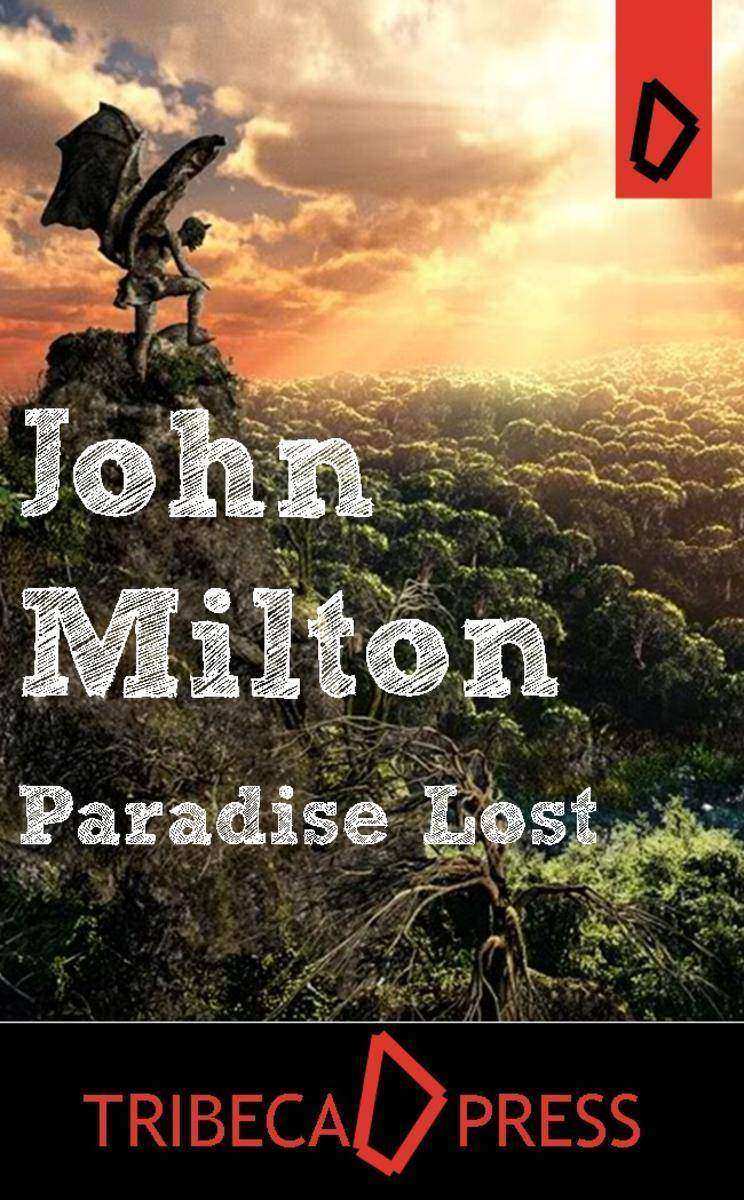
Paradise Lost
¥8.09
This Tribeca Press edition includes the full original text as well as an easy to use interactive table of contents.

Coffee and chocolate: A true story
¥8.09
A passenger onboard a fast-moving train glimpses a couple of brown horses in an unkempt field. She sees them again the next year, and the year after. She wonders if they are neglected or loved for by their owner. That small field may be the horses' last protection against a one-way trip to the slaughterhouse... * A short but haunting true story by Michèle Laframboise, Canadian multi-award winner author. A list of horse rescue centers, with sketches by the author, completes this 1200-word tale.?
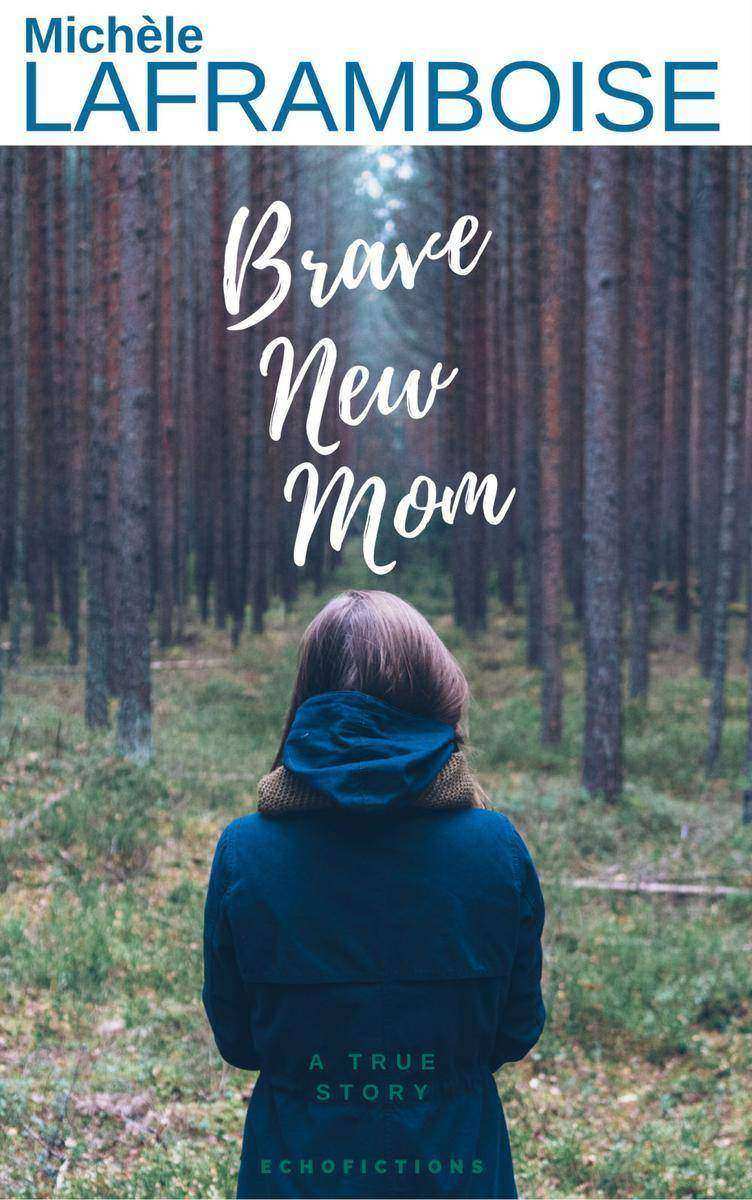
Brave new Mom: A True Story
¥8.09
Any mother-to-be has to waddle through a landmine of expectations! The true and humourous account of my valiant efforts at birthgiving… and the mounting guilt after I find out that my body can't produce more children. How did I became infertile? What wrong turn did I take? Could I have avoided the c-section? This short and quirky story will resonate with all the mothers crushed under the pressure of performance, by Michèle Laframboise. With sketches and pictures by the author's hand.
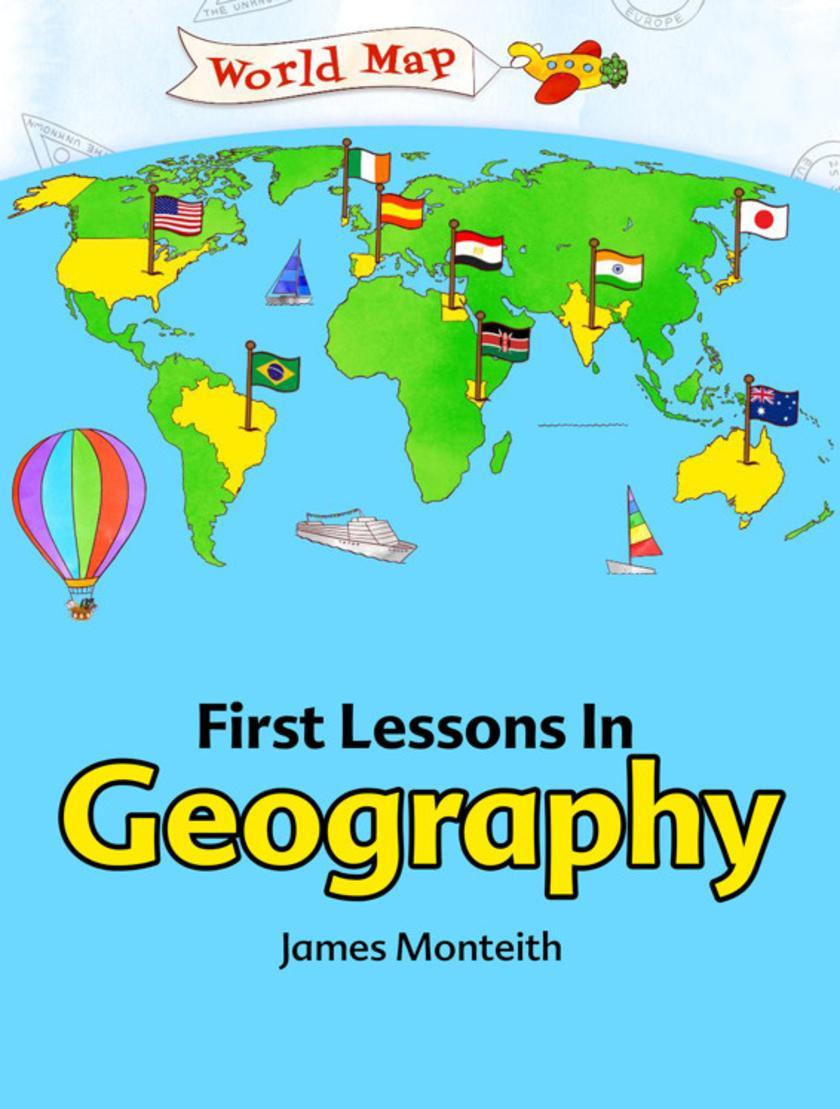
First Lessons In Geography
¥8.09
Citesc Azi cnt jazz cu acea curiozitate uor nesigur cu care intri ntr-o locuin necunoscut. Din holul de la intrare m izbete ordinea. Fiecare cuvnt e la locul lui. Fiecare sentimenrt aezat pe raftul potrivit... Totul cu finee, cu rafinament, de un gust ireproabil. Culmea, mi place ordinea asta, mie, care am trecut o via ntreag prin meandrele suprarealismului, prin absurdul celor mai derutante concluzii, prin combinaii imposibile dintre un scaun i o cifr, dintre ziua de joi i un pepene verde. Gata! Debutul n poezie al Mihaelei Stanciu. Parcurg, aadar, cartea Azi cnt jazz. Un titlu incitant prin nostalgia acelui l’éternel retour, prin inciziile rafinate pe care bisturiul unui chirurg-poet le face pe propria lui agonie, pe tcere, pe tot ce vine nechemat...ca i cum ar fi ceva normal pe pmnt,/ iar tu s n-ai umbrel/ s-i plac s amesteci picturile/cu gndurile de peste noapte dintr-o conversaie neterminat. O fat singur cnt jazz fr s clameze nimic, fr s spun nimic, cauzele nu trebuie aflate. O fat cnt jazz, dar nu cnt o fat, tcerea e cea care cnt. Tcerea asta uneori e foarte neleapt. Dar nelepciunea e o mare ofens pentru un poet, vei spune. Uite c nu e aa. Nora Iuga
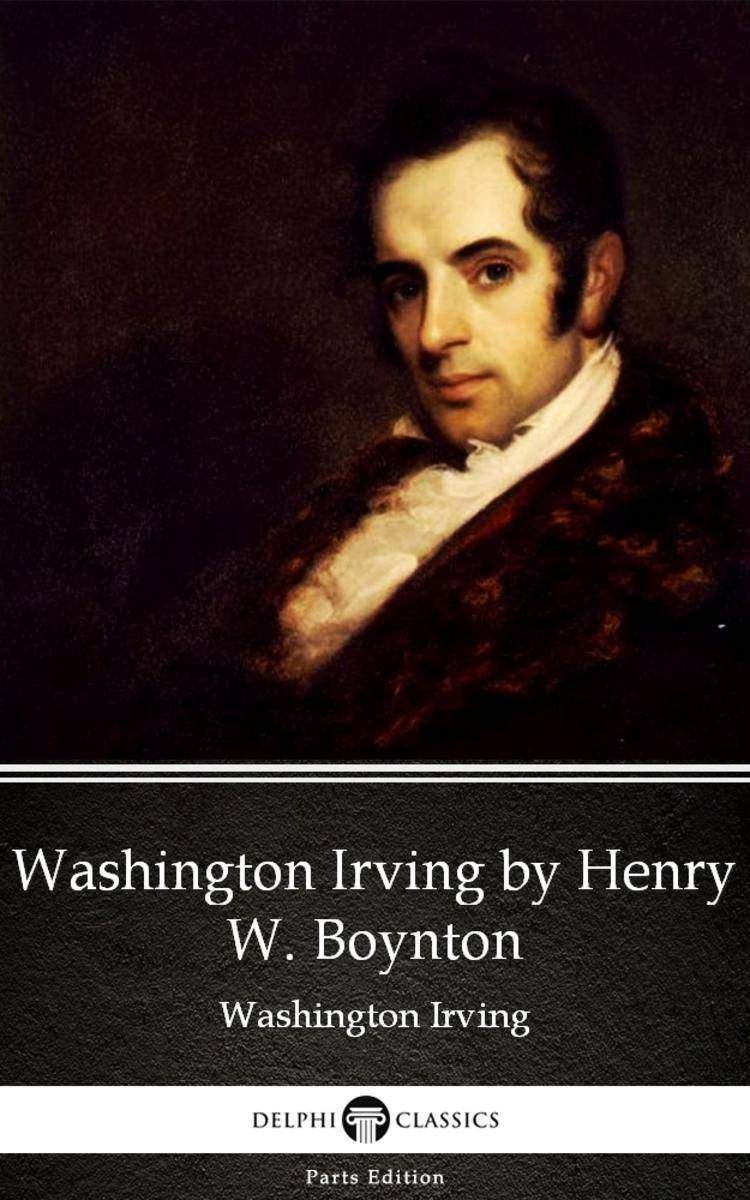
Washington Irving by Henry W. Boynton by Washington Irving - Delphi Classics (Il
¥8.09
This eBook features the unabridged text of ‘Washington Irving by Henry W. Boynton by Washington Irving - Delphi Classics (Illustrated)’ from the bestselling edition of ‘The Complete Works of Washington Irving’. Having established their name as the leading publisher of classic literature and art, Delphi Classics produce publications that are individually crafted with superior formatting, while introducing many rare texts for the first time in digital print. The Delphi Classics edition of Irving includes original annotations and illustrations relating to the life and works of the author, as well as individual tables of contents, allowing you to navigate eBooks quickly and easily. eBook features: * The complete unabridged text of ‘Washington Irving by Henry W. Boynton by Washington Irving - Delphi Classics (Illustrated)’ * Beautifully illustrated with images related to Irving’s works * Individual contents table, allowing easy navigation around the eBook * Excellent formatting of the text Please visit www.delphiclassics.com to learn more about our wide range of titles
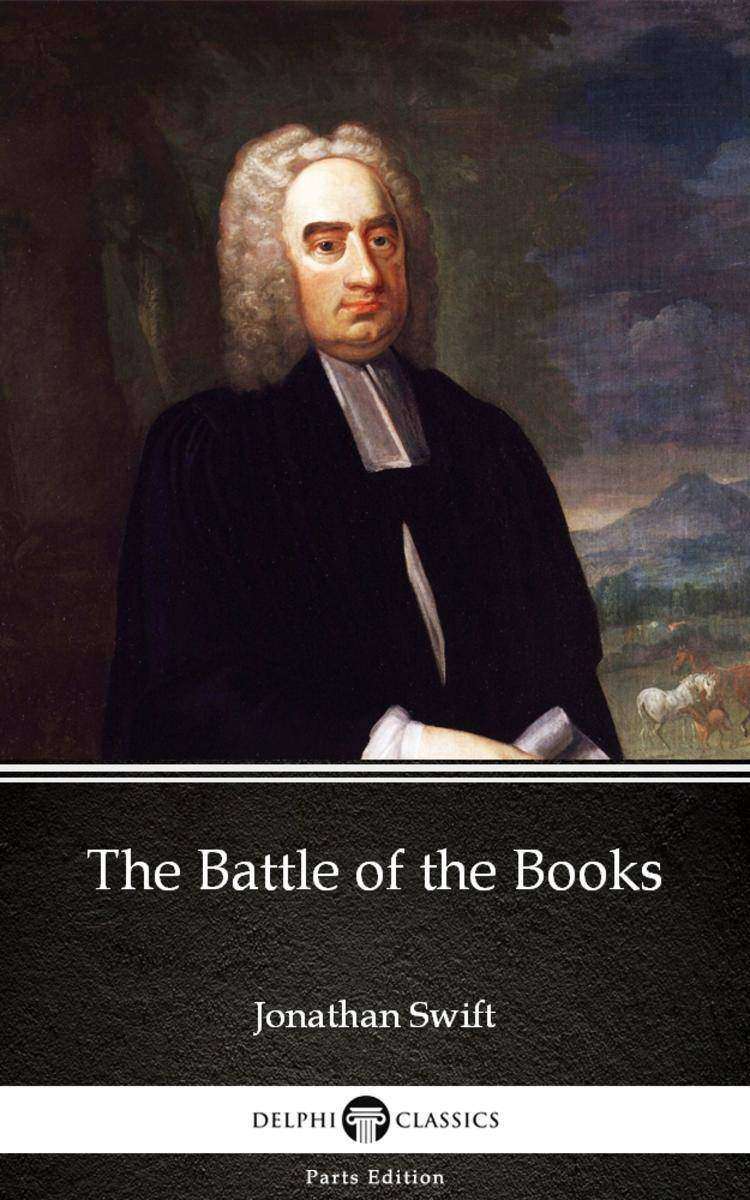
The Battle of the Books by Jonathan Swift - Delphi Classics (Illustrated)
¥8.09
This eBook features the unabridged text of ‘The Battle of the Books by Jonathan Swift - Delphi Classics (Illustrated)’ from the bestselling edition of ‘The Complete Works of Jonathan Swift’. Having established their name as the leading publisher of classic literature and art, Delphi Classics produce publications that are individually crafted with superior formatting, while introducing many rare texts for the first time in digital print. The Delphi Classics edition of Swift includes original annotations and illustrations relating to the life and works of the author, as well as individual tables of contents, allowing you to navigate eBooks quickly and easily. eBook features: * The complete unabridged text of ‘The Battle of the Books by Jonathan Swift - Delphi Classics (Illustrated)’ * Beautifully illustrated with images related to Swift’s works * Individual contents table, allowing easy navigation around the eBook * Excellent formatting of the text Please visit www.delphiclassics.com to learn more about our wide range of titles
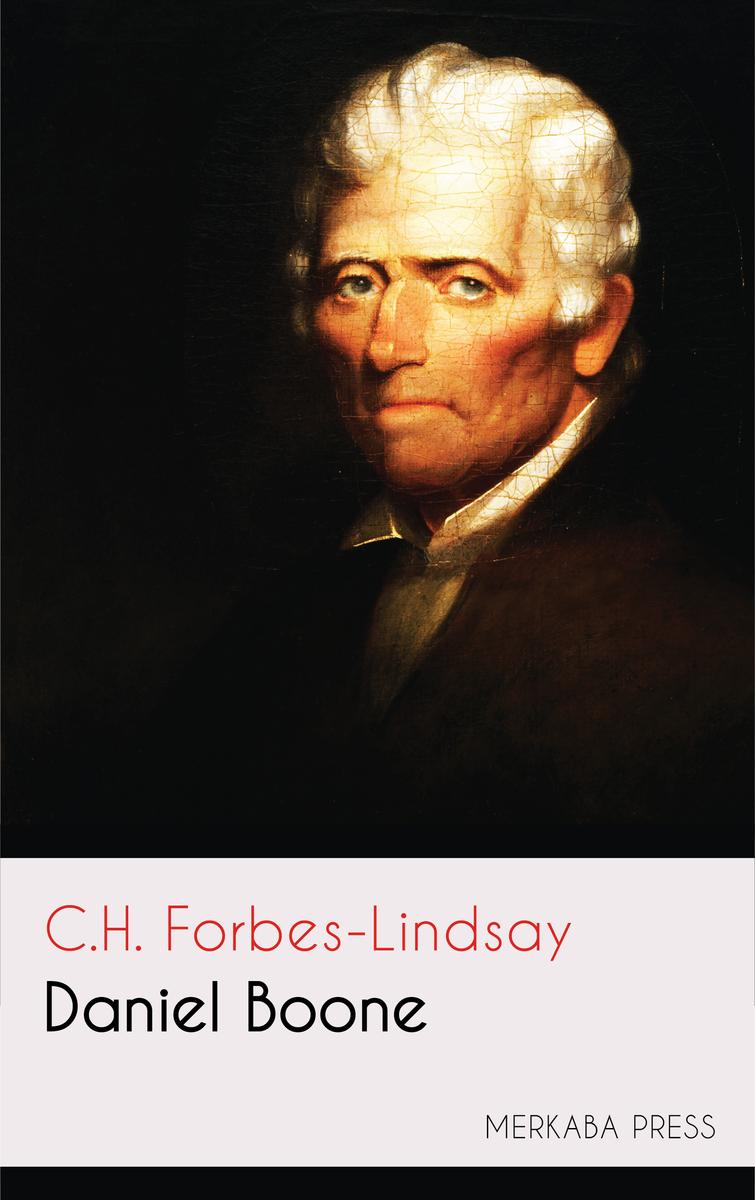
Daniel Boone
¥8.09
Daniel Boone

Beginner’s Reddit Social Media Marketing Guide
¥8.09
Beginner’s Reddit Social Media Marketing Guide
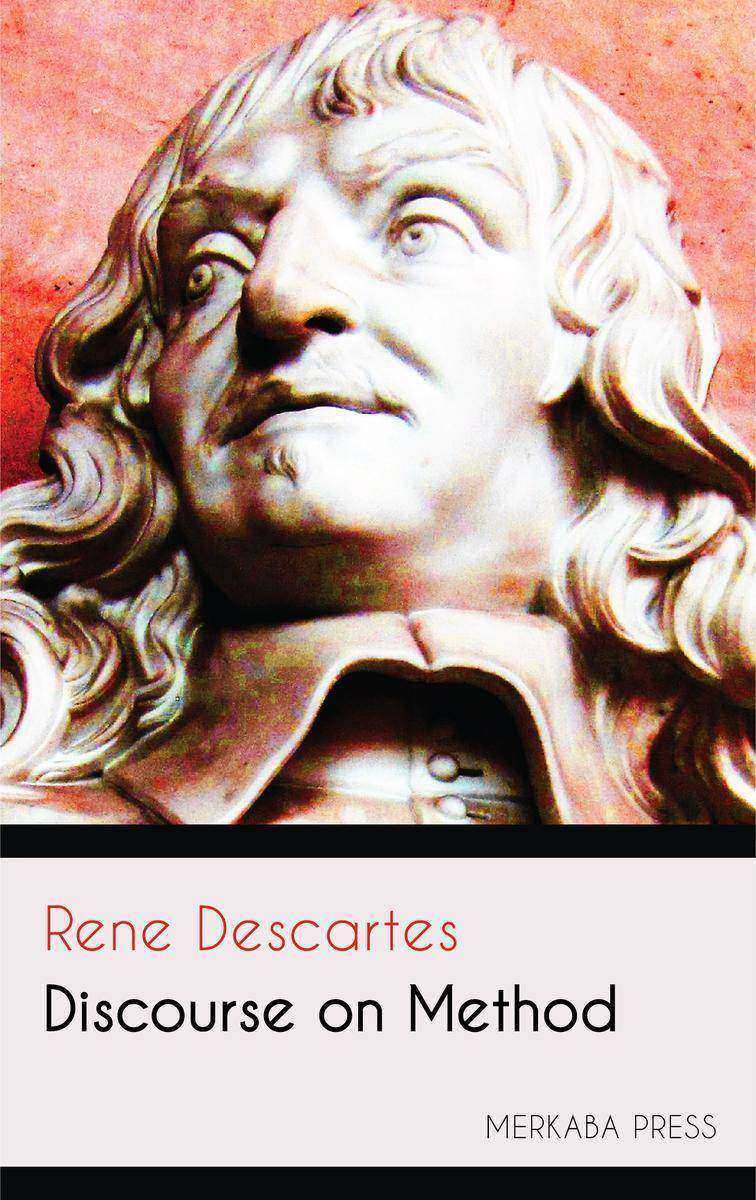
Discourse on Method
¥8.09
Discourse on Method
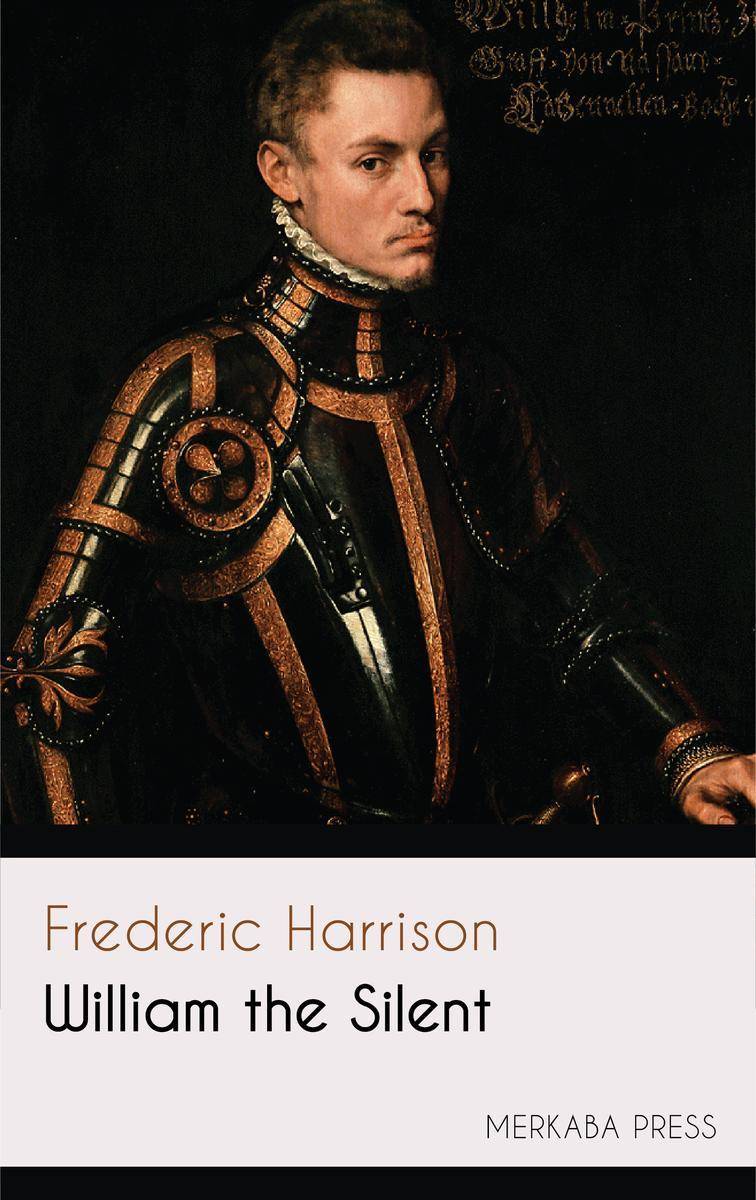
William the Silent
¥8.09
William the Silent
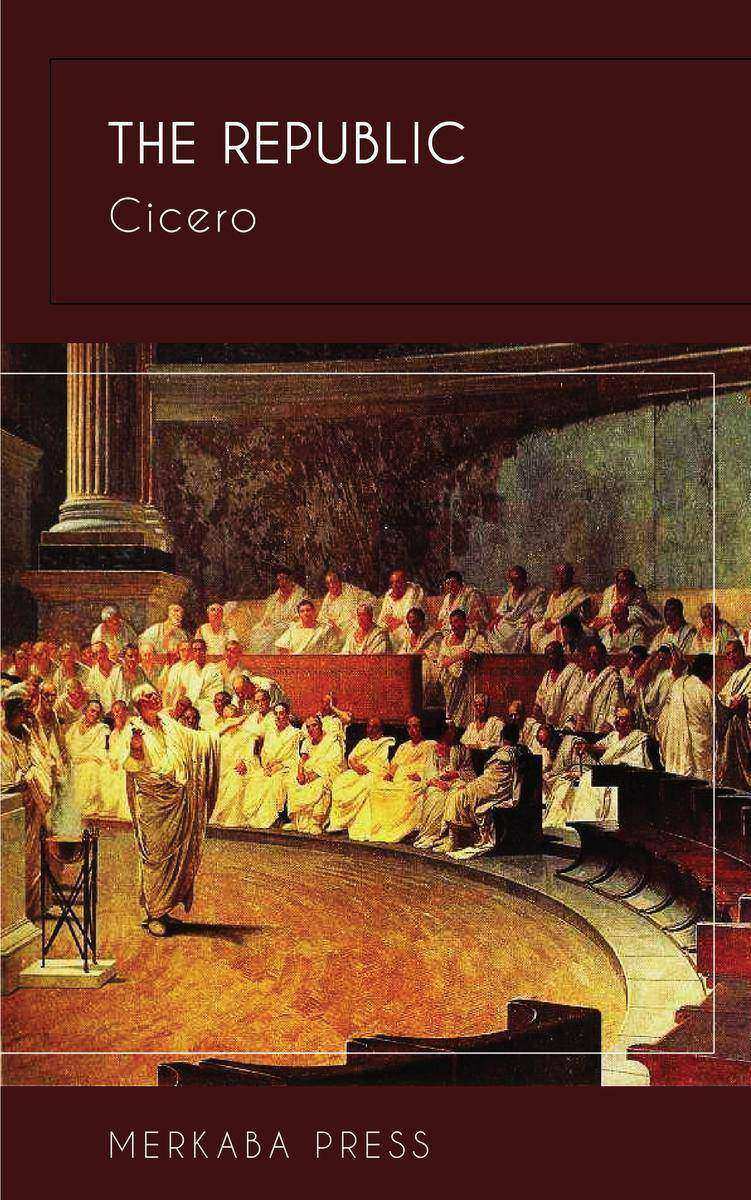
The Republic
¥8.09
The Republic




 购物车
购物车 个人中心
个人中心



